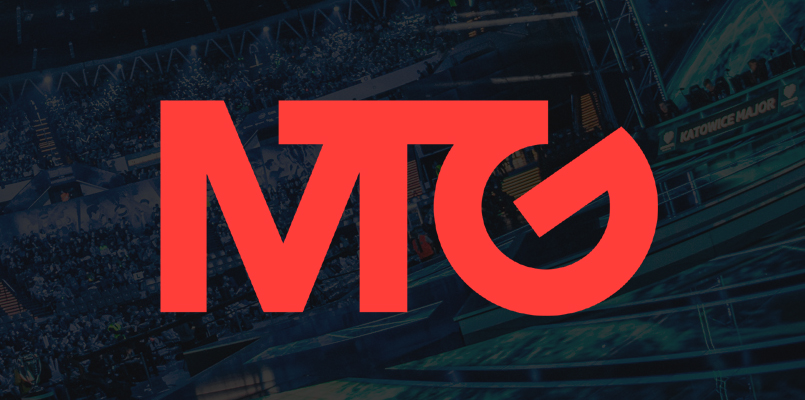- ESL and DreamHack parent company Modern Times Group (MTG) provided a preliminary assessment of the economic impact caused by the current global health crisis for the company.
- MTG expects revenues in its esports vertical to decline by 35% to 45% in the first half of 2020, while its gaming vertical is expected to be less exposed to the consequences of the coronavirus pandemic (COVID-19).
- Currently, MTG remains well funded as it reported a net cash position of kr1.8B SEK ($179M USD) as of Q4 2019, which equals roughly 40% of the company’s full-year 2019 expenses.
Last week, ESL and DreamHack parent company Modern Times Group (MTG) provided a preliminary assessment of how it expects the coronavirus pandemic to affect its esports and gaming verticals as well as an update of the strategic review of its gaming vertical.
Esports Vertical
MTG expects its revenues in the esports vertical, which accounted for 40% of the group’s 2019 2019 revenues, to decrease by 35% to 45% in the first half of 2020 compared to the same period of 2019. The company primarily sees the cause for this decline in a variety of government policies to contain the global outbreak of a novel coronavirus (COVID-19), which had a significant impact on its esports vertical as it is built around live events revenues from media rights, brand partnerships, ticketing, and merchandise sales. While MTG experiences a negative impact by the cancelation or postponement of several ESL and DreamHack events, it also addressed that it is moving to online competitions and thereby creates new business opportunities that could help offset some of the negative impacts.
Esports revenues for the first quarter of 2020 will decline by approximately 25% compared to the same period of 2019. Additionally, MTG reported that it only had limited possibilities to cut its costs in the quarter due to events being canceled on short notice and operating events with no audience such as the Intel Extreme Masters in Katowice in February.
For the upcoming second quarter of 2020, ESL and DreamHack are reducing costs of goods sold and fixed costs. MTG estimates that these savings will be at least kr150M ($14.99M) for the first half of 2020.
For the second half of 2020, the company anticipates an improved operational performance based on the assumption that live events will be allowed starting in Q3, which would include events such as the ESL One Rio 2020 Counter-Strike: Global Offensive Major, which is planned to take place in November in Rio de Janeiro, Brasil, after being rescheduled due to the current global health situation.
Gaming Vertical
MTG reported that its gaming vertical, which represented 60% of the group’s revenues in 2019, continued to perform well in the first quarter of 2020. The vertical documented stable daily active users (DAUs) for its games as well as a “strong development” in average revenue per daily active user (ARPDAU). So far, the company’s game developers, InnoGames and Kongregate, have been less exposed to the consequences of the coronavirus pandemic.
Strategic Review
MTG confirmed its intention to separate its gaming and esports businesses to maximize shareholder value in the assessment. The company currently considers two options, either divesting or listing on the Nasdaq First North Growth Market. MTG explained that “the coronavirus pandemic has caused some disruption to the review process and the decision on the best route to separation will be taken once markets have stabilized and the company is able to present two strong equity stories.”
Furthermore, the company reported that it remains well funded with a net cash position of kr1.8B ($179M) as of Q4 2019.


